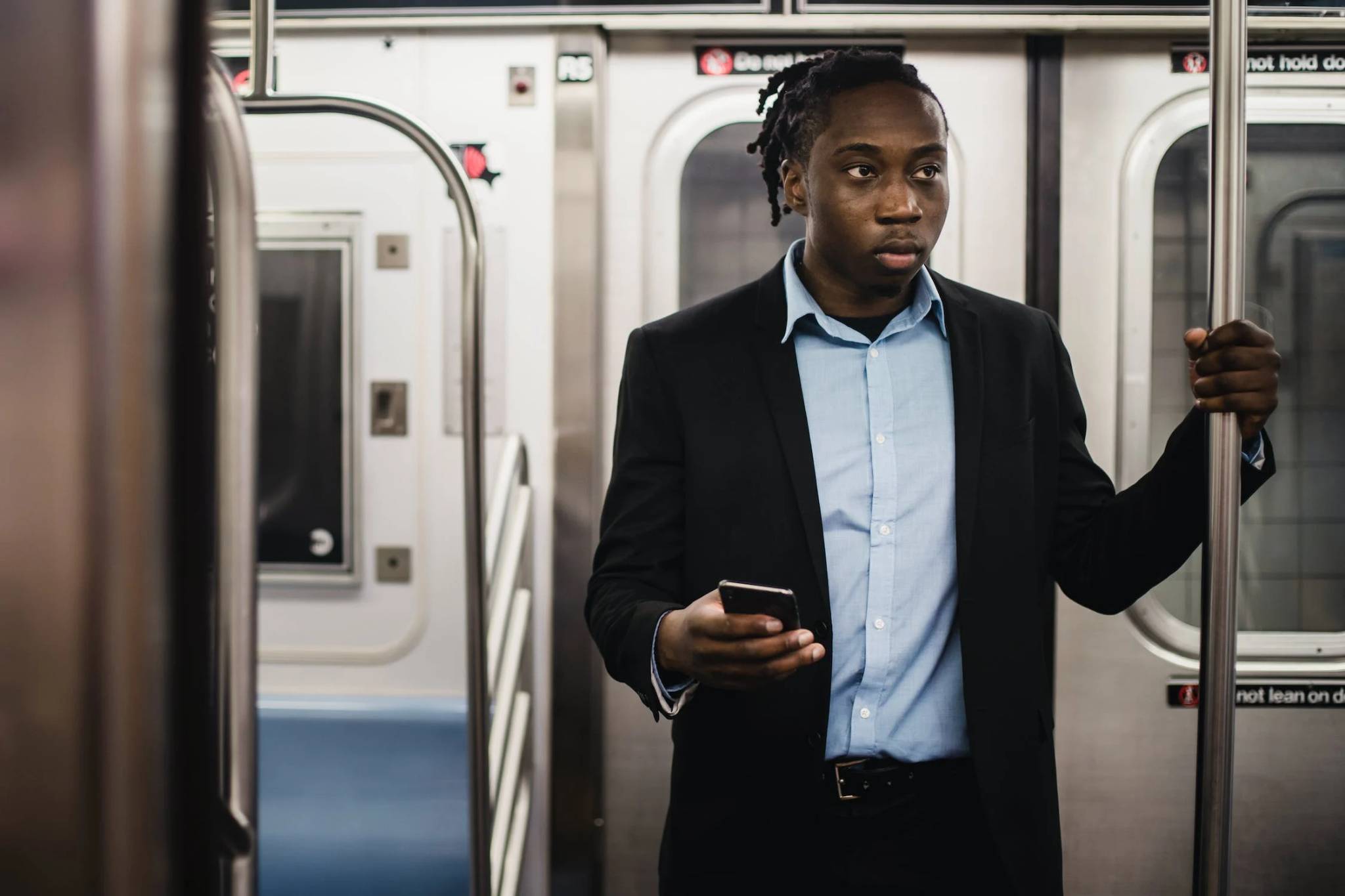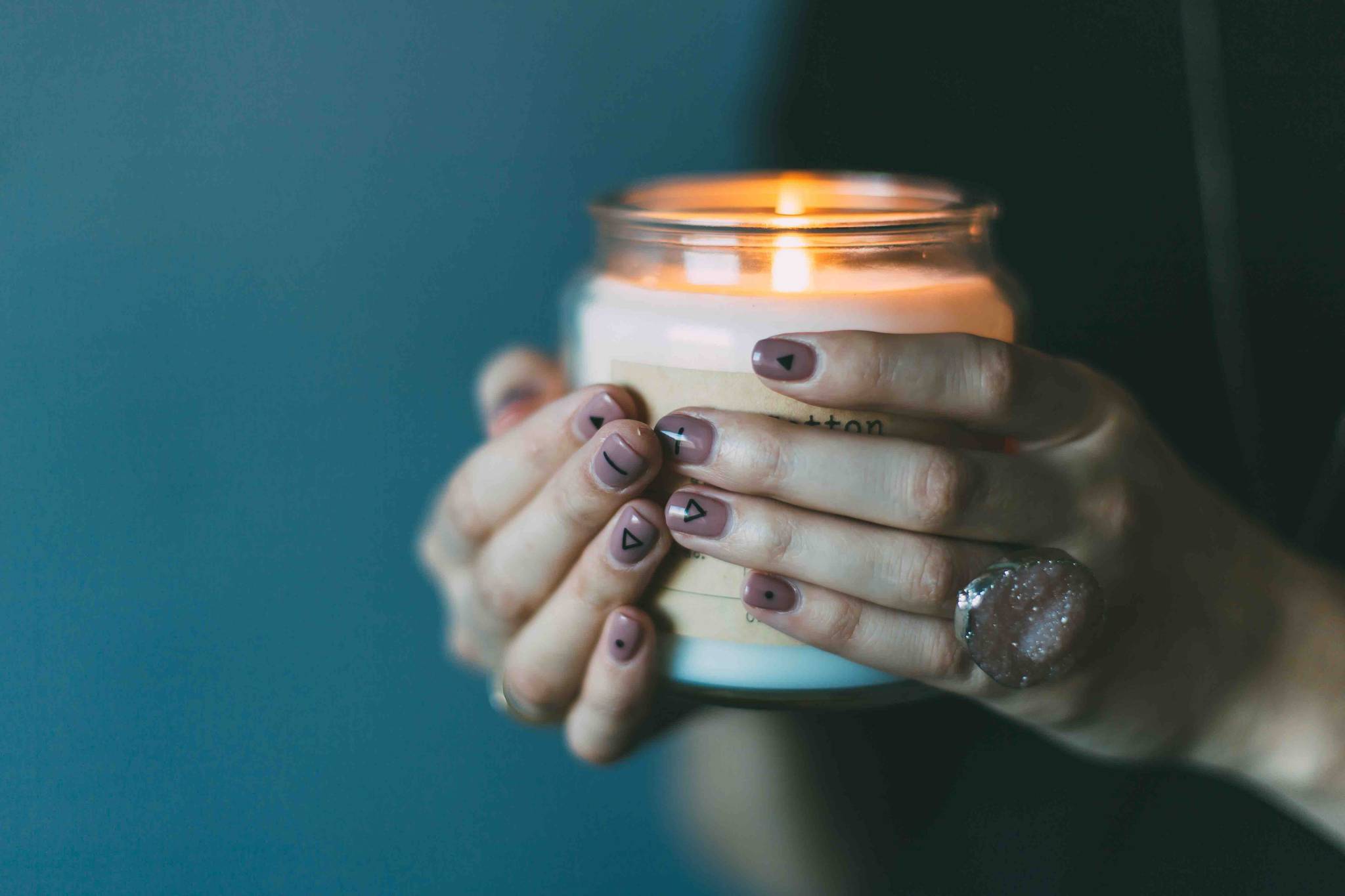Aware of hidden agendas and the performative nature of modern communication, people no longer believe in the possibility of absolute truth or complete transparency from institutions, public figures, brands, and individuals. Nonetheless, people are still drawn to honesty, integrity, and – at times – even vulnerability, and they expect these qualities from peers and brands alike.
People are becoming more informed about societal, political, and global issues, from racial injustice to the effects of climate change and the ethical impacts of their product choices. As much as this knowledge can lead to social change, it is also distressing. People want brands to acknowledge the permacrisis rather than sugarcoat it, all while offering support and hopeful strategies rooted in the actual situation.
While certain areas of our lives are becoming more transparent, others are increasingly cryptic and uncertain. Social media algorithms and AI are notoriously enigmatic, sometimes even to their creators. In the past, people were concerned with fake news, but the nature of reality itself is now shifting and becoming unreliable. With their trust constantly being betrayed by financial institutions, brands, governments, and public figures, people want to be talked to in a straightforward and honest way.
Tired of polished, perfect images, people are becoming more sensitive to artifice, preferring relatable representation to flawless narratives. With the de-influencing movement on the rise, peer-to-peer learning is helping people get trustworthy support and advice. In response, brands and marketers in fields ranging from beauty to banking are trying to create cultures of honesty by providing people with access to information about their values and processes. Many are openly leaning into vulnerability, admitting where they've made mistakes. For today's transparency-seeking audience, honesty is better than perfection.




